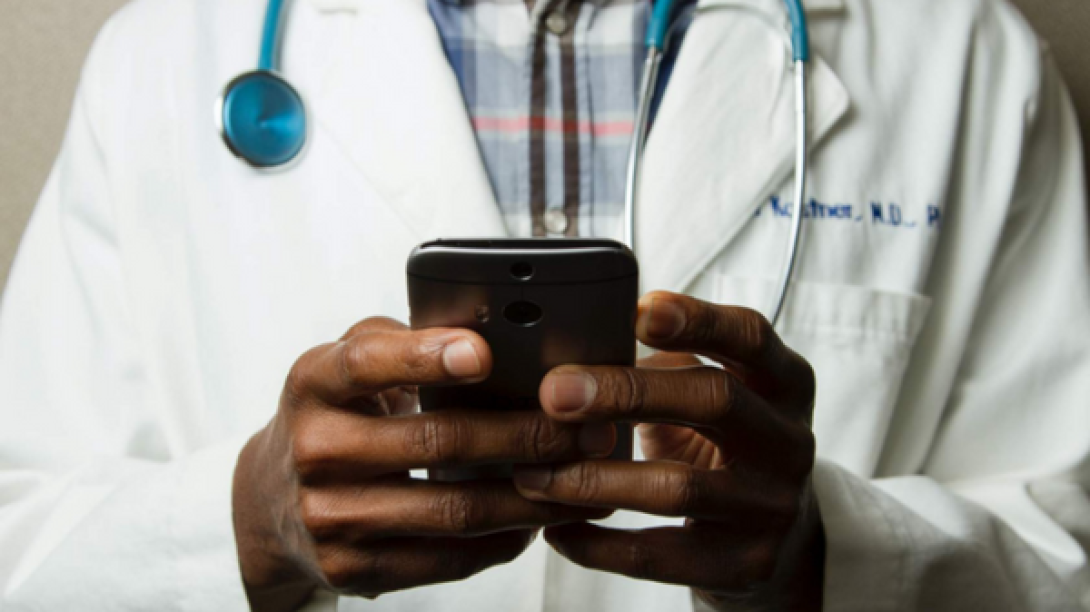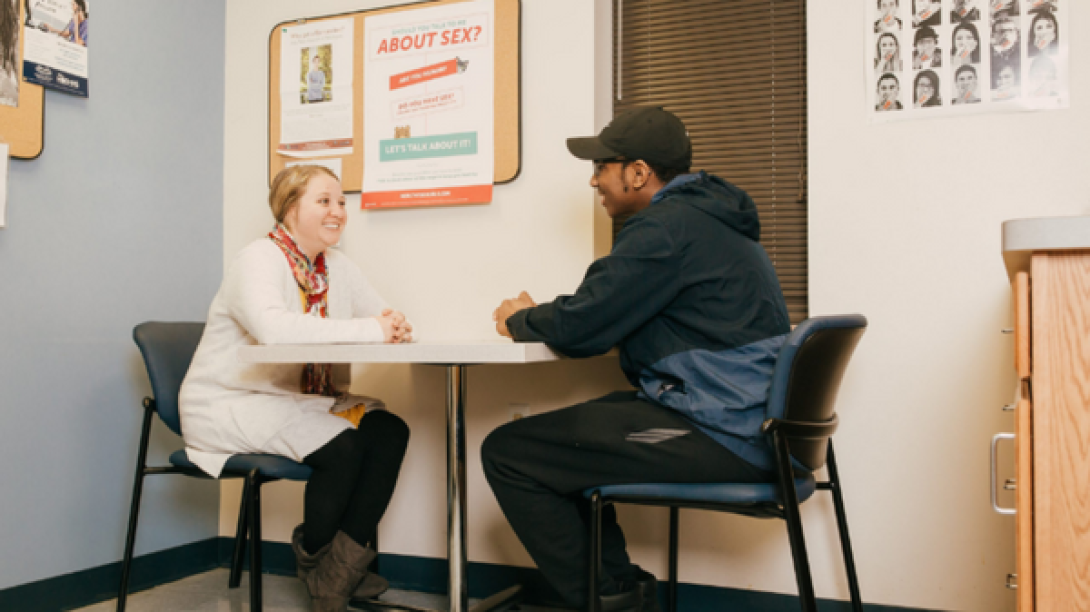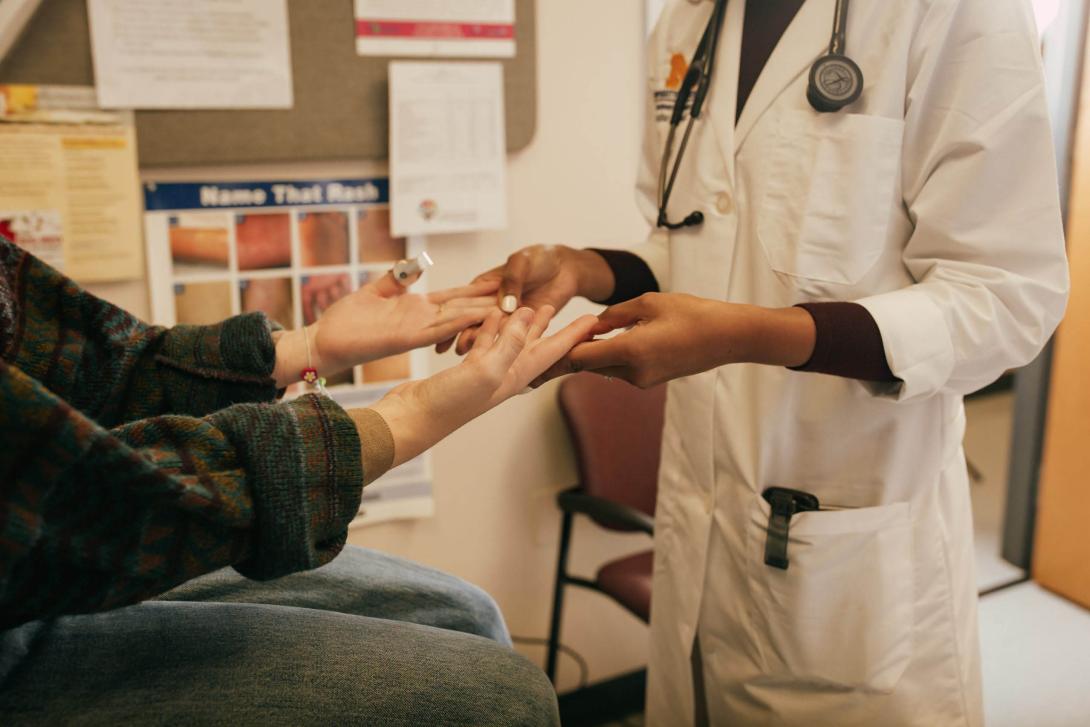
Timely Topics Modules
These dynamic modules are aimed at clinicians who work with adolescents to strengthen the quality of our approaches and interactions.
Timely Topics are rich in strategies and resources, blending vignettes from youth and subject matter experts with salient research and practice-based activities.
Access the no-fee Timely Topics modules below.

What are best practices around screening for exposure to bullying, and how should providers handle positive screens?
This module incorporates the latest research, video vignettes from youth, and recommendations from subject matter expert Dr. Ellen Selkie, to help clinicians support adolescent patients who experience bullying.
As attitudes about marijuana use continue to shift within the public landscape, it is critical for health care professionals to stay up to date on best practices for screening and brief intervention. This module invites participants to examine their own values around adolescent marijuana use, and to hear the latest from youth about how they use, why they use, and how they want to be communicated with. Subject matter expert Dr. Joanna Quigley shares highlights from the latest research, along with recommendations about screening, brief intervention, treatment options, and confidentiality with minors.


For adolescents who have experienced trauma, visiting a health center can be uncomfortable and even re-traumatizing, and providers have the potential to create health care experiences that are comforting and reassuring. This Timely Topics module provides a brief outline of the impacts of trauma on adolescents, and shares strategies for practicing trauma-responsive care in a primary care setting.
A rapid increase in virtual care due to COVID-19 has drastically changed how providers interact with their patients. Adolescents and young adults need a unique approach to virtual care as they transition to more independence while grappling with issues such as confidentiality, privacy, and trust in their health care provider. This 45-minute module follows a virtual visit from start to finish, focusing on key elements of adolescent-centered with accompanying video vignettes from our subject matter experts and youth collaborators.


CONTENT WARNING: This module discusses suicide and mental illness. Some of the content may be emotional and challenging to engage with depending on your personal experiences.
As suicide remains the second leading cause of death for adolescents and barriers to accessing mental health care remain high, primary care providers often become the entry point of mental health care for these patients. These trends highlight a need for primary care providers to be trained in the identification, treatment, and management of depression and suicidal ideation among youth. To support providers’ learning on these topics, AHI is piloting its new Adolescent Suicide Prevention in Primary Care Timely Topic, a resource that provides evidence-based guidance on these topics and strategies that can be implemented in a primary care setting.
Youth-friendly sexual and mental health care are two of adolescents’ biggest priorities in their overall health care. AHI’s youth council members report feeling like their therapists often aren’t comfortable talking about sexual health, including relationships, sexuality, and gender identity. Behavioral health providers have the opportunity to set an affirming, supportive atmosphere for adolescents to discuss these topics in a safe, confidential space. Timely Topics: Adolescent Sexual Health for Behavioral Health Clinicians was developed in partnership with AHI’s Teen Advisory Council and clinicians, and it is intended to assist behavioral health care providers in navigating strengths-based, youth-friendly sexual health-related conversations with adolescent and young adult clients.
Access Module: Adolescent Sexual Health for Behavioral Health Clinicians

CONTENT WARNING: This module broadly discusses trauma and sexual violence. Depending on your personal experience, some of the content may be emotional and challenging.

CONTENT WARNING: This module discusses substance use and addiction. Depending on your personal experience, some of the content may be emotional and challenging.
In the past couple of years, rates of adolescent Opioid Use Disorder (OUD) diagnoses and opioid-related overdoses and deaths have increased. While the highest rates of opioid use and overdose are found in ages 25-34, studies have found that the average age of initiation to non-medical opioid use is 16 years old. Various barriers prevent youth from receiving appropriate services for opioid misuse and OUD, such as limited time with providers, limited screening opportunities, difficulty navigating referral and treatment systems, and stigma and biases surrounding substance use.
Timely Topics: Addressing Adolescent Opioid Use, created in partnership with Michigan State University’s Opioid Prevention and Education Network (OPEN-MSU), is intended to assist both primary care and behavioral health providers navigate adolescent and young adult opioid use and misuse in strengths-based, youth-friendly ways.
PrEP (pre-exposure prophylaxis) has revolutionized the way we approach HIV prevention – and has significantly reduced new infections across many populations, including young people. However, there is still work to be done to expand access to PrEP, reduce stigma, and combat health inequities that heavily impact populations marginalized by systems of power.
This Timely Topics Module on PrEP for Adolescents is intended to assist health care providers in navigating screening for and prescribing PrEP for adolescents and young adults in an inclusive and strengths-based way.
